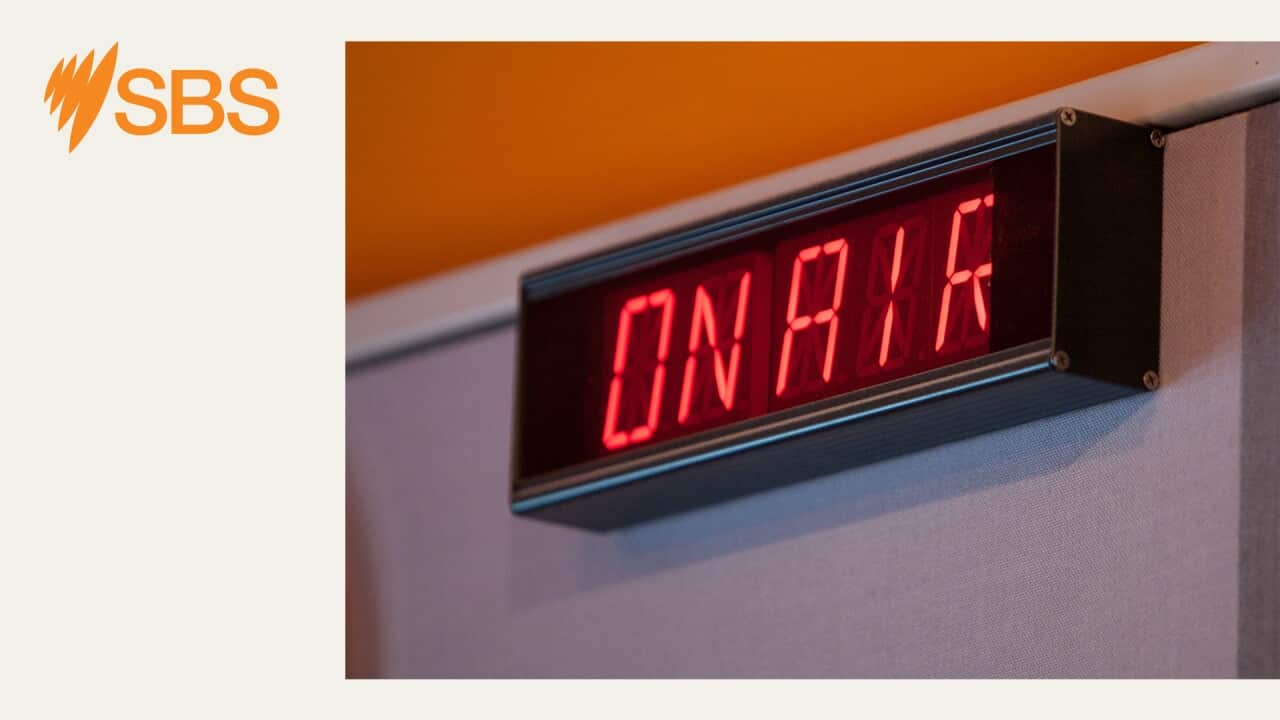With the increasingly fierce competition in the banking world, home loans are no longer controlled by the big banks. From the variety of products offered - including the types of loan interest rate - what do consumers need to understand before making a choice?
SBS Indonesian asked David Sutantyo, Managing Director of Sydney-based Twelve Grains Capital, regarding this matter. Here is a snippet of the interview.
What is the difference between fixed and variable interest rates?
Mr Sutantyo: "A fixed rate usually means that borrowers can "lock in" their loan interest for several years, usually from 1 to 5 years. Within this fixed rate period, the loan interest will not change. So if market interest rates go up or down, the borrower will pay the same instalments. If the rate is variable, the loan interest will go up and down depending on the market price."
How to choose the best option for our financial situation?
Mr Sutantyo: "This one depends on what your goals are, for example, do you want to pay off your installments quickly. If this is the case, maybe a variable rate with principal and interest payments is more suitable, or if you want a definite monthly budget, a fixed rate might be more suitable. For a fixed rate loan, we can only pay an extra $10k per year, so if you want the installment to be paid off quickly, maybe this isn't the best option, but if you want the best of both worlds, we can split it in half.
What are offsets?
Mr Sutantyo: "It's easier to give an example here. For example, if you have a $500k loan, and you have $100k in savings, if the savings are placed in an offset account, the interest will be calculated based on the difference, in this case, $400k. It can be withdrawn at any time, it's just like a regular savings account, so it's not used for principal payments."
What details should be aware of or know when deciding on the type of loan?
Mr Sutantyo: "That's a lot. Instalment interest is only one thing, so this is also a suggestion for friends who want to take home mortgages, don't be too fixated on interest alone. Banks take profits from bank fees, transaction fees. Sometimes there are establishment fees, valuation, settlement, legal, upfront fees, monthly fees, discharge fees, etc. Sometimes even if the interest is low but the fees are high, the instalments end up being expensive. It's better to discuss with the broker first, so it's clear which bank is charging what fee ."
Is it true that banks - or brokers - will offer options that are “most profitable for banks, detrimental for consumers”?
Mr Sutantyo: "This is a myth. So for home loan brokers, we have a regulation called best interest duty. So it is our responsibility to find the best credit products and suitable for the needs of borrowers. This is different from banks. They have their own products, their own rules, so what they sell or promote is their product. Of course, all banks want to get as big a profit as possible."
Can we pay off the loan sooner than we should or previously agreed?
Mr Sutantyo: "Yes, even though the bank doesn't like it if it ends quickly. The problem is that the bank makes a profit from the interest on instalments for twenty years. It's like a passive income for them. This is also an example of fine prints, because there may be some banks that will charge discharge fees or break fees. My advice, as I said last time, make sure you have a solid team before buying property like accountants, lawyers, brokers."
Listen to the SBS Indonesian's podcast for the full interview.




